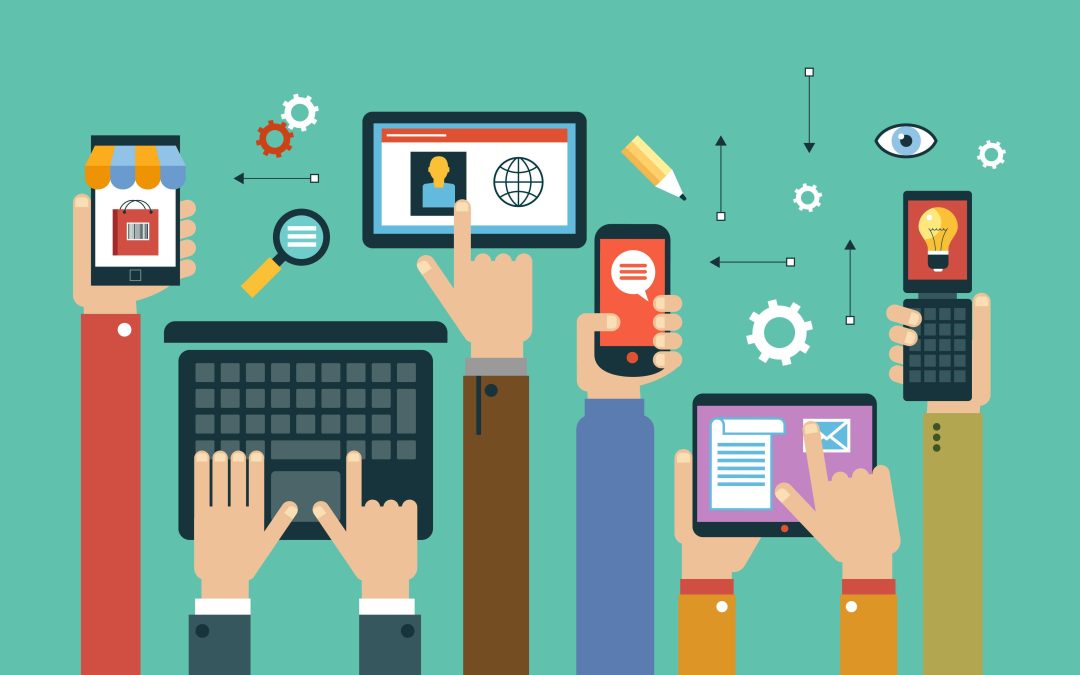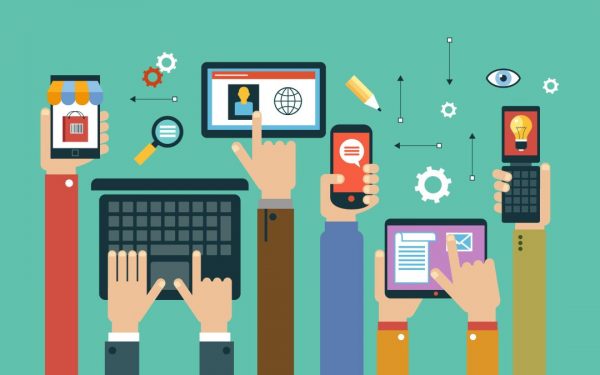Digital communication in Nigeria presents a transformative opportunity to tackle gender inequalities and foster inclusive development. Advances in technology have expanded access to information, education, and economic opportunities. However, a significant gender gap persists, shaped by societal norms and systemic barriers. This article presents the relationship between digital communication and gender equality in Nigeria, addressing key areas: the roots of the gender digital divide, current challenges, progress achieved, strategies for closing the gap, and future perspectives.
Read more about Tech
Roots of the Digital Divide
The digital divide affecting women in Nigeria is entrenched in historical and structural challenges. Women’s access to education, particularly in STEM fields, has historically been limited by cultural and economic constraints. The high cost of digital devices and internet services disproportionately affects women, especially in lower-income households. This has limited their ability to participate fully in the digital revolution, perpetuating broader employment and economic inequalities. As global digital transformation accelerates, these barriers continue to deepen the gender gap in access and opportunities.
Current Challenges in Digital Communication
While digital platforms have become more accessible in Nigeria, gender disparities in usage and impact remain significant. Women are less likely to use the internet than men due to limited digital literacy, cultural expectations, and financial limitations. The prevalence of online harassment and cyberbullying discourages many women from participating in digital spaces. Additionally, societal perceptions that undervalue women’s contributions to technology further marginalize them from decision-making roles in innovation and governance.
Sign up for the Connect Nigeria daily newsletter
Progress Achieved and Success Stories
Encouraging strides have been made to address these disparities. Initiatives like DigitALL: Innovation and Technology for Gender Equality have spotlighted the critical role of women in technology. Local programs have emerged to teach women digital skills and empower them as entrepreneurs and innovators. For example, gender-responsive e-learning platforms have enabled women to access education remotely, while advocacy initiatives amplify their voices in public discourse. These efforts highlight how digital tools can transform women’s roles in society.
Bridging the Gender Digital Divide
Closing the gender digital gap requires deliberate action and investment. Expanding affordable digital infrastructure, especially in underserved rural areas, is critical. Education initiatives must promote digital literacy and encourage women to pursue STEM careers. Highlighting successful female tech leaders through media can help challenge stereotypes and inspire others. Stronger policies are needed to combat cyber harassment and ensure safe digital spaces for women. Programs that support female entrepreneurs with skills and resources can further empower women to contribute meaningfully to the digital economy.
Register to attend the CN Business Mixer
Conclusion
Digital communication holds tremendous potential to advance gender equality in Nigeria by empowering women and reshaping traditional power dynamics. However, this vision requires ongoing efforts to address systemic biases, cultural barriers, and economic disparities. By prioritizing women’s access to technology and fostering their participation in digital spaces, Nigeria can harness the power of innovation for a more equitable and inclusive future.
Featured Image Source: IQ Media
Got a suggestion? Contact us: [email protected]


